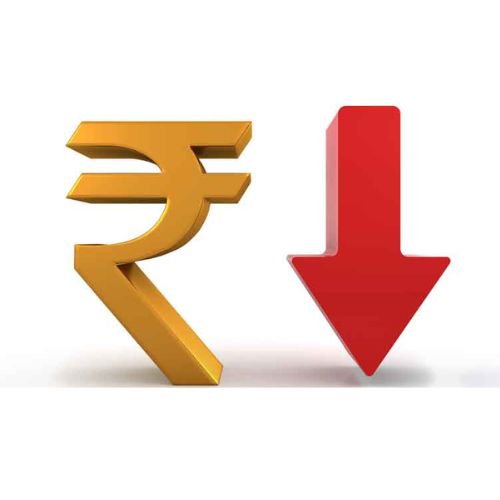The savings equates to around 5% of all fuel expenditure in the global economy that year, according to the IEA.
According to a report by the International Energy Agency (IEA), India’s “Lifestyles for the Environment” or LiFE initiative, which adopts energy-efficient behaviors, could save the world $440 billion by 2030.
This equates to about 5% of all fuel expenditures in the global economy that year.
“LiFE measures would also save consumers globally around $440 billion in 2030 through both lower consumption and lower prices, according to the IEA modeling,” it said.
Active global implementation of LiFE measures could lead to significant co-benefits in reducing inequalities in energy consumption, reducing air pollution, reducing costs, and improving the well -being and health, he said.
Global energy consumption and resulting emissions are highly unequal between and within countries. Globally, North America is the region with the highest per capita energy consumption, followed by Russia and Central Asia, and then the Middle East.
On the other hand, Africa’s energy consumption is one-third of the world average, while India’s is 35%. But there are also great inequalities within countries.
But there are also great inequalities within countries. Among advanced economies, the poorest 30% emit less per capita than the global average, while the richest 10% emit seven times the global average.
In emerging markets and developing countries, the richest 10% of the population emit more emissions per capita than the poorest 80% in advanced economies.
Overall, as noted in the report, LiFE measures offer more opportunities to simplify energy needs and reduce emissions in advanced economies. According to IEA models, by 2030, advanced economies could reduce their annual per capita CO2 emissions three to four times more than developing economies.
Prime Minister Narendra Modi announced the Lifestyles in the Environment (LiFE) initiative at COP26 in Glasgow in November 2021 to encourage sustainable lifestyles to address the environmental and climate crises.
The initiative was developed and officially launched in October 2022 by Prime Minister and United Nations Secretary-General Antonio Gutierrez as Mission Life, an India-led global mass movement to empower individuals and communities. Changing behavior to reduce emissions, and protect and preserve the environment. Resource.
Life is building on the successful experience of large-scale behavior change campaigns in India to address the challenges of waste, hygiene, and clean cooking.
According to reports, India’s economy is already 10% more energy efficient than the global and G20 average. India takes less time to grow from half to full power than other major economies.
Already the world’s third-largest national market for renewables, India has recently seen the development of consumer-driven solutions such as distributed solar PV, with rooftop solar increasing 30-fold in less than a year. decade.
Supportive policies and awareness campaigns in India are also pushing the market share of electric passenger vehicles to nearly 5% by 2022, with sales tripling from 2021.














